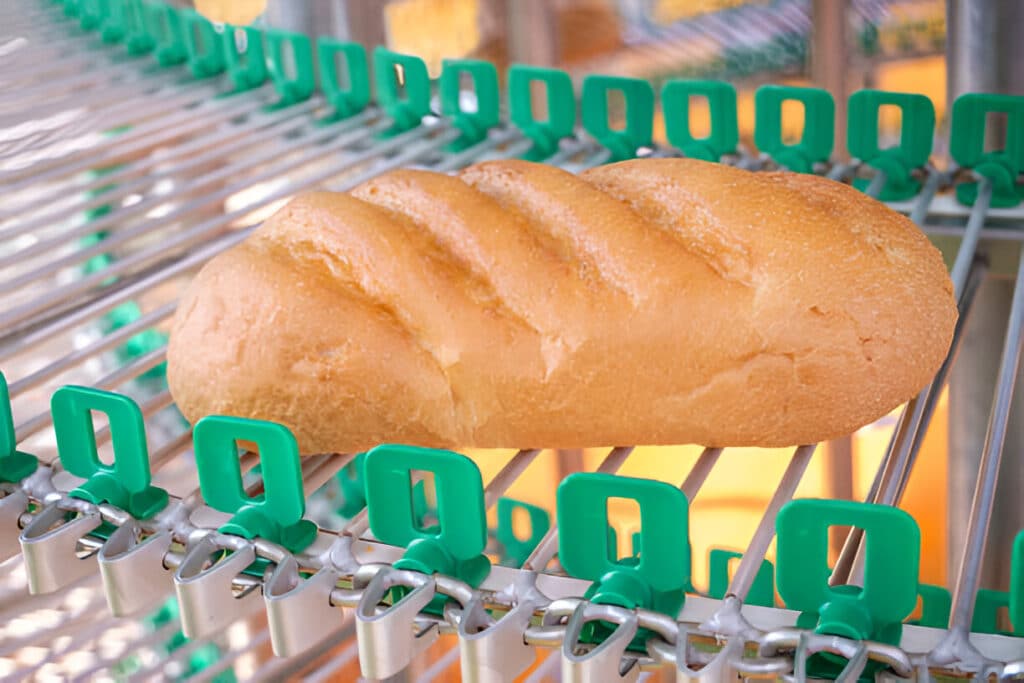Does your restaurant serve freshly baked bread that keeps customers coming back? Are you confident that your current supplier meets your quality and consistency expectations? Bread is a staple in many establishments, from casual cafes to fine-dining restaurants. Finding a dependable supplier ensures you always have fresh, high-quality products to serve your customers.
Choosing the proper bread wholesale supplier is crucial for maintaining consistent quality in your restaurant. The right partner will offer fresh products, timely deliveries, and customisable options to fit your menu. Beyond just cost, factors like ingredient sourcing, production methods, and customer service play a significant role. Let’s explore six essential tips to help you find a reliable supplier that aligns with your business needs.
1. Assess Product Quality and Variety
Product quality is the foundation of any successful partnership with a supplier. A great bakery partner should provide fresh, flavourful, and well-textured bread that meets your restaurant’s standards. Consider texture, crust consistency, and overall taste when sampling different options. A supplier that provides a diverse range of baked goods gives you more flexibility in menu planning and ensures you always have fresh options.
2. Check for Consistency in Supply and Delivery
An unreliable supplier can disrupt your operations no matter how good the bread is. Consistency is key, mainly when serving customers who expect the same quality with every meal. Late deliveries or fluctuating supply levels can lead to shortages and unhappy diners. A reliable partner should have efficient logistics to ensure you receive your orders on time, every time.
3. Understand Ingredient Sourcing
The quality of bread starts with the ingredients used. Restaurants with premium quality should look for suppliers that source high-grade flour, organic grains, and natural preservatives. If your business prioritises sustainability or artisanal baking techniques, partnering with a supplier who aligns with these values is essential.
Key factors to consider:
- Ingredient transparency – Do they use organic, non-GMO, or locally sourced ingredients?
- Baking methods – Are their products handmade, naturally fermented, or mass-produced?
- Preservation techniques – Do they use additives or maintain freshness naturally?
4. Compare Pricing and Contract Flexibility
Balancing cost and quality is crucial when selecting a supplier. While pricing is necessary, the cheapest option isn’t always the best. Consider the overall value, including freshness, ingredient quality, and reliability.
What to evaluate in pricing and contracts:
- Volume discounts – Do they offer bulk pricing for large orders?
- Contract terms – Is there flexibility in adjusting orders based on demand?
- Hidden fees – Are there additional charges for delivery or custom orders?
5. Evaluate Customer Service and Communication
Strong communication with your supplier is essential for a smooth partnership. A good supplier should be responsive, open to feedback, and proactive about addressing issues. Pay attention to how they handle inquiries, changes in order volume, or special requests. Establishing a professional relationship based on trust and good communication will benefit both parties in the long run.
6. Request Samples and Test Performance
Before committing to a long-term agreement, request samples to test product quality. Conduct a trial period where you monitor consistency, delivery timeliness, and customer feedback. This trial period allows you to assess how well the bread performs with your menu and in your operational environment. It also allows you to ensure the supplier meets your standards and expectations before fully committing.
Selecting the proper bread wholesale supplier ensures your restaurant delivers fresh, high-quality baked goods daily. A great supplier relationship guarantees excellent bread and contributes to a seamless and efficient restaurant operation. You can focus on providing exceptional service and satisfying your customers by choosing a reliable partner. A strong supplier relationship lets you stay ahead of trends and quickly adapt to changing menu demands.


